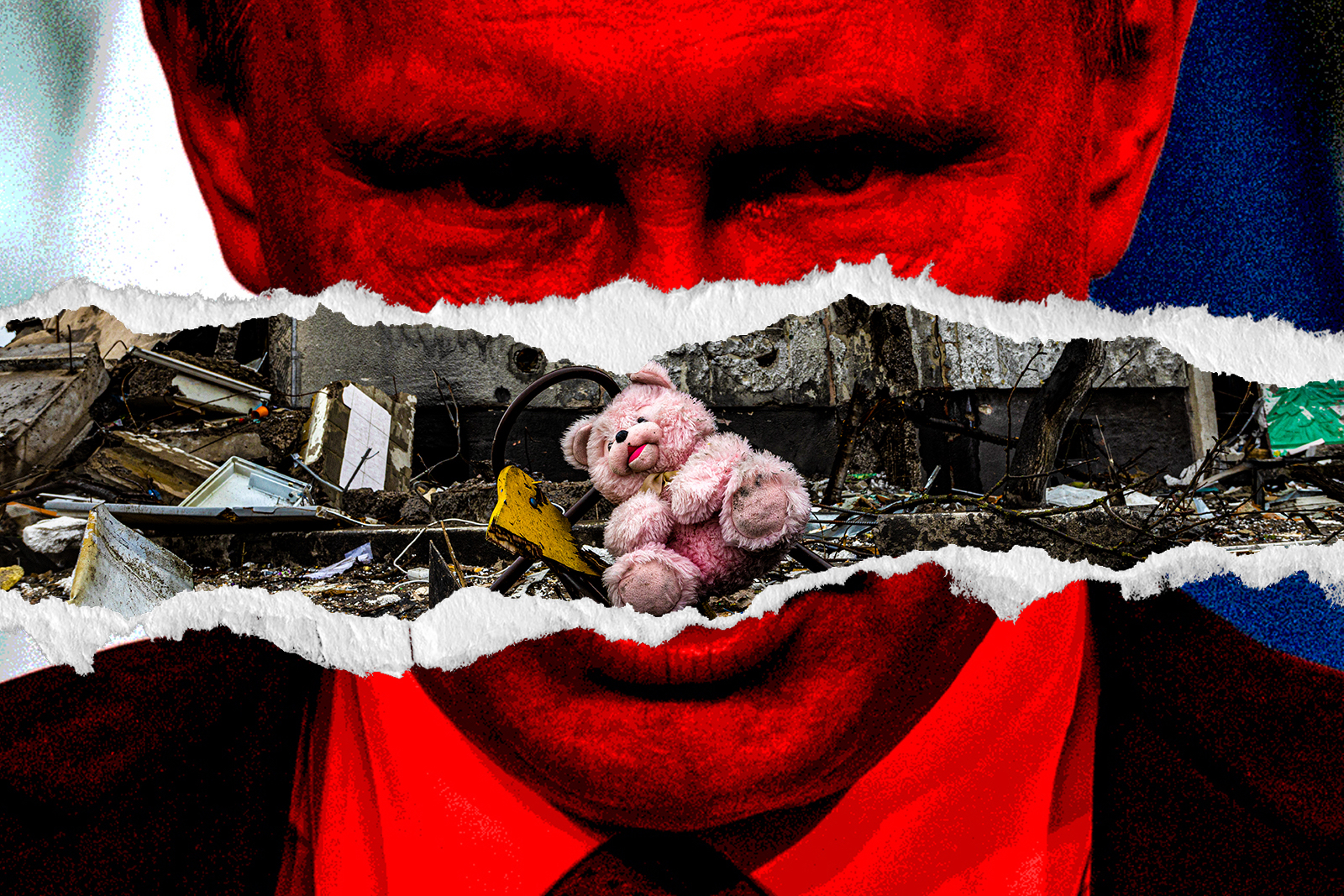
Russia Must be Held to Account for its Crimes in Ukraine
Russia’s latest announcement that it will implement further cuts to the natural gas that flows to Germany via the Nord Stream pipeline is yet another blow to Western countries that still believe Russian President Vladimir Putin can be intimidated or threatened five months into his unprovoked war against Ukraine.
The state-owned gas monopoly Gazprom is not independent and receives its instructions from the Kremlin. This move is seen by Germany and other countries as punishment for supporting Ukraine and opposing Russia’s expansionist ambitions there.
Putin recently visited Tehran where he met with Iranian leaders and Turkish President Recep Tayyip Erdogan in a bid to gain support for his war on Ukraine. As part of the visit, Gazprom signed a $40 billion deal with the National Iranian Oil Company to help Iranian producers develop oil and gas fields across Iran.
Just a few days after that meeting, Turkey, together with the United Nations, brokered a deal between Russia and Ukraine to unblock Ukraine’s seaports and resume exports of Ukrainian grain via the Black Sea to help mitigate what is fast becoming a global food crisis.
And yet, less than 24 hours after the agreement was concluded, Russia attacked the Black Sea port city of Odesa. The attack directly violated the agreement which included Russian assurances that it would not attack port facilities. While UN Secretary-General António Guterres condemned the strike, Bridget Brink, the U.S. ambassador to Ukraine, said Russia “must be held to account” for the fact that not enough is being done to deter or punish Russia.
It is true that U.S. Defense Secretary Lloyd Austin announced the U.S. will send additional long-range HIMARS artillery systems to Ukraine as part of a U.S. military aid package that has already seen 12 HIMARS shipped there, but this is not enough. Ukraine needs far more weapons in order to fight the Russian onslaught and regain territory it has lost in the eastern Donbas region.
In addition to the devastation the war has caused in Ukraine, Russia’s war of aggression is affecting millions, if not billions, of people around the globe. The war has caused a massive wave of nearly 6 million refugees to flee Ukraine, stores around the world are running out of cooking oil and people are paying more at the gas pump. Farmers in Brazil are desperate for fertilizer, the garment industry in Bangladesh is facing disruptions, and Eritrea is short on wheat.
What will it take for the world to turn around and face Putin and tell him, “enough!”? The fact is, the West has failed to isolate Russia. At this stage, it appears world leaders are still intimidated by the Russian dictator, and no one has had the courage to confront him aggressively. Sanctions are out of the picture since Russia has a permanent seat on the UN Security Council and it would move to veto any such attempt.
With the lack of a united global front against Russia, Putin has the freedom to act as he pleases, especially as he is backed by China and Iran. The only plausible way it seems for the West to win against Russia is to continue to sanction Putin’s inner and outer circles of friends, oligarchs, and advisors, while continuing to supply Ukraine with enormous amounts of firepower and intelligence.
The West may not be able to convince Putin to abandon his hegemonic dream of conquering Ukraine, but it can discourage him from continuing by demonstrating that he will pay a steep price for initiating an unnecessary war and causing worldwide destruction.
Putin must be made persona-non-grate for life and his movements from now on must be restricted. He should be banned from this point forward from ever traveling to Europe or the United States and efforts should be made to seize his assets wherever they are. Russia should be condemned at every international forum and the U.S. should revoke visas for Russian businessmen.
If the world cannot hit Russia hard in one blow then it must resort to fighting “by a thousand cuts.” Over time, small moves against Russia will accumulate and grow into severe enough of a punishment to signal to Russia – and hopefully other leaders with similar intentions – that launching an unprovoked war is not worth the effort.

